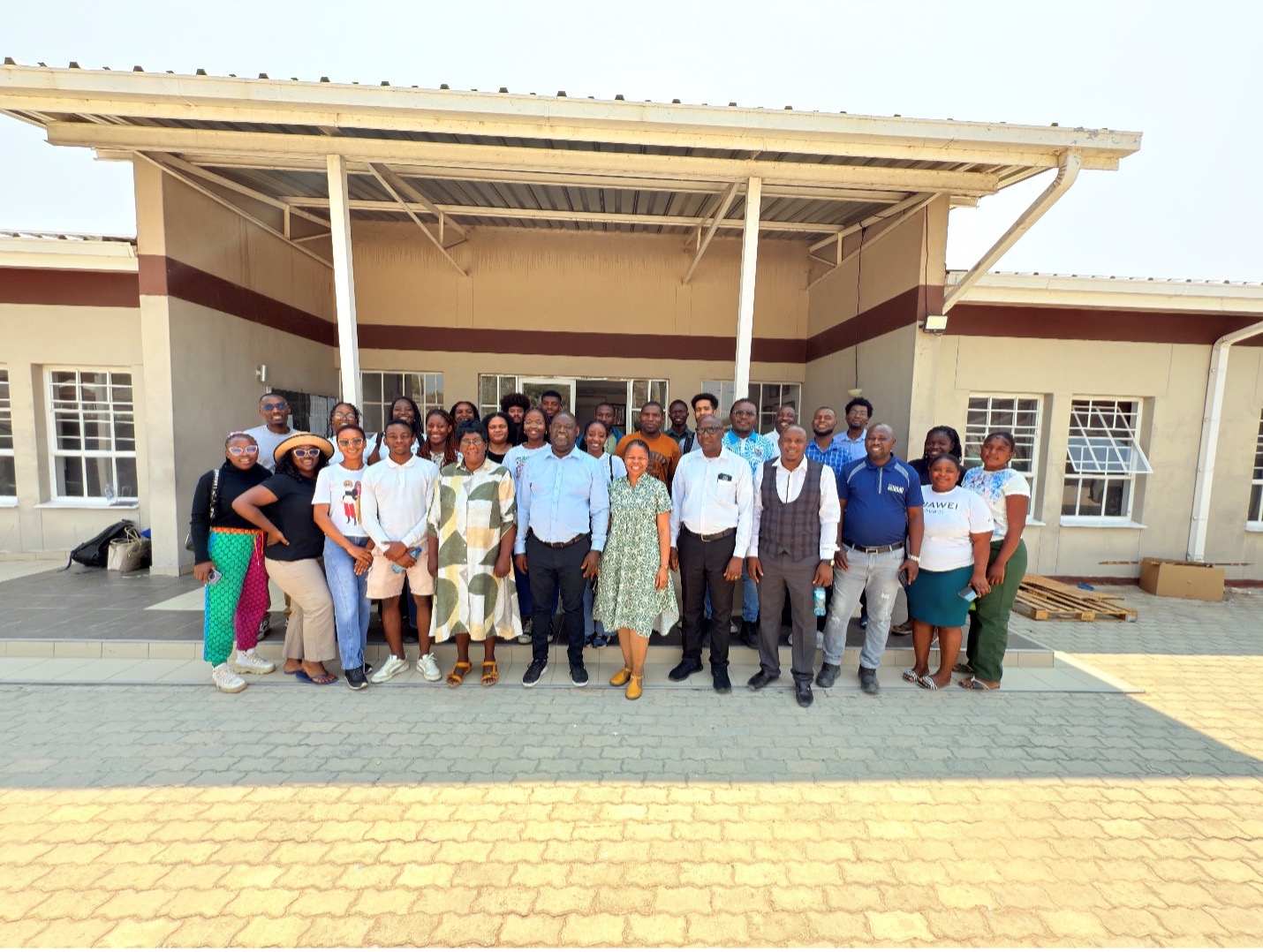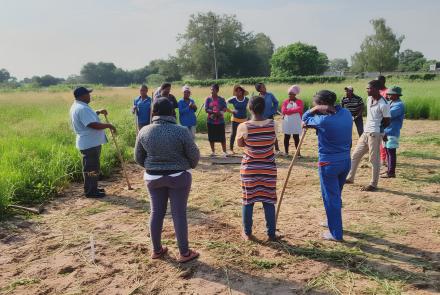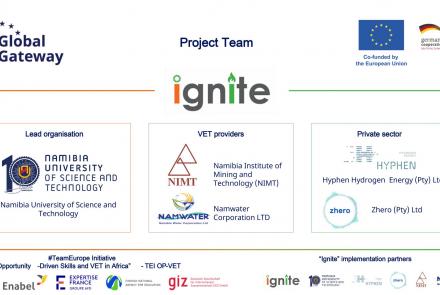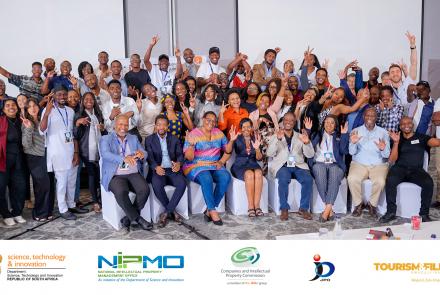NEI Hosts Solar Water Heating Symposium
The University’s Namibia Energy Institute (NEI), through the Southern African Solar Thermal Training and Demonstration Initiative (SOLTRAIN+) project, recently hosted the SOLTRAIN+ & IEA SHC Task 69 Joint Symposium at NUST. The event was organised in partnership with AEE INTEC and the International Energy Agency’s Solar Heating and Cooling Programme (IEA SHC) Task 69: “Solar Hot Water for 2030.”
The four-day hybrid event brought together international experts, policymakers, researchers, and renewable energy practitioners to deliberate on the advancement of solar thermal technologies, standards, certification, and gender mainstreaming within the solar thermal sector.
Prof Colin Stanley, the Acting Deputy Vice-Chancellor for Research, Innovation and Partnerships at NUST, reaffirmed the University’s commitment to renewable energy research and innovation, noting its role as a regional hub for research and capacity building.
“The establishment of the solar thermal comparative study facility at NEI is a tangible example of NUST’s dedication to practical technology demonstration and applied research,” he stated.
The Austrian Ambassador to Southern Africa, H.E Romana Königsbrun, highlighted the United Nations’ goal of ensuring universal access to affordable, reliable, sustainable, and modern energy by 2030. She expressed Austria’s pride in supporting renewable energy initiatives in the SADC region that advance the energy transition.
Birgit Weyss of the Austrian Development Agency (ADA) commended the SOLTRAIN+ initiative for building trust in renewable heating and cooling technologies through the installation of high-quality systems, public awareness efforts, and technical training to maintain high standards.
Delivering the keynote address on behalf of Hon Gaudentia Kröhne, the Deputy Minister of Mines, Industries and Energy, Mr John Titus, Director of Energy, reaffirmed Namibia’s commitment to universal access to clean energy, referencing the 2007 Cabinet Directive on Solar Water Heating and the National Solar Thermal Technology Roadmap (NSTTR).
The symposium concluded with technical tours to SOLTRAIN+ demonstration sites, showcasing solar water heating systems installed at low-cost houses in Otjomuise, the Katutura Intermediate Hospital maternity ward, and a residential complex in Osona Village outside Windhoek. These visits demonstrated the real-world impact of solar thermal systems in transforming communities.






